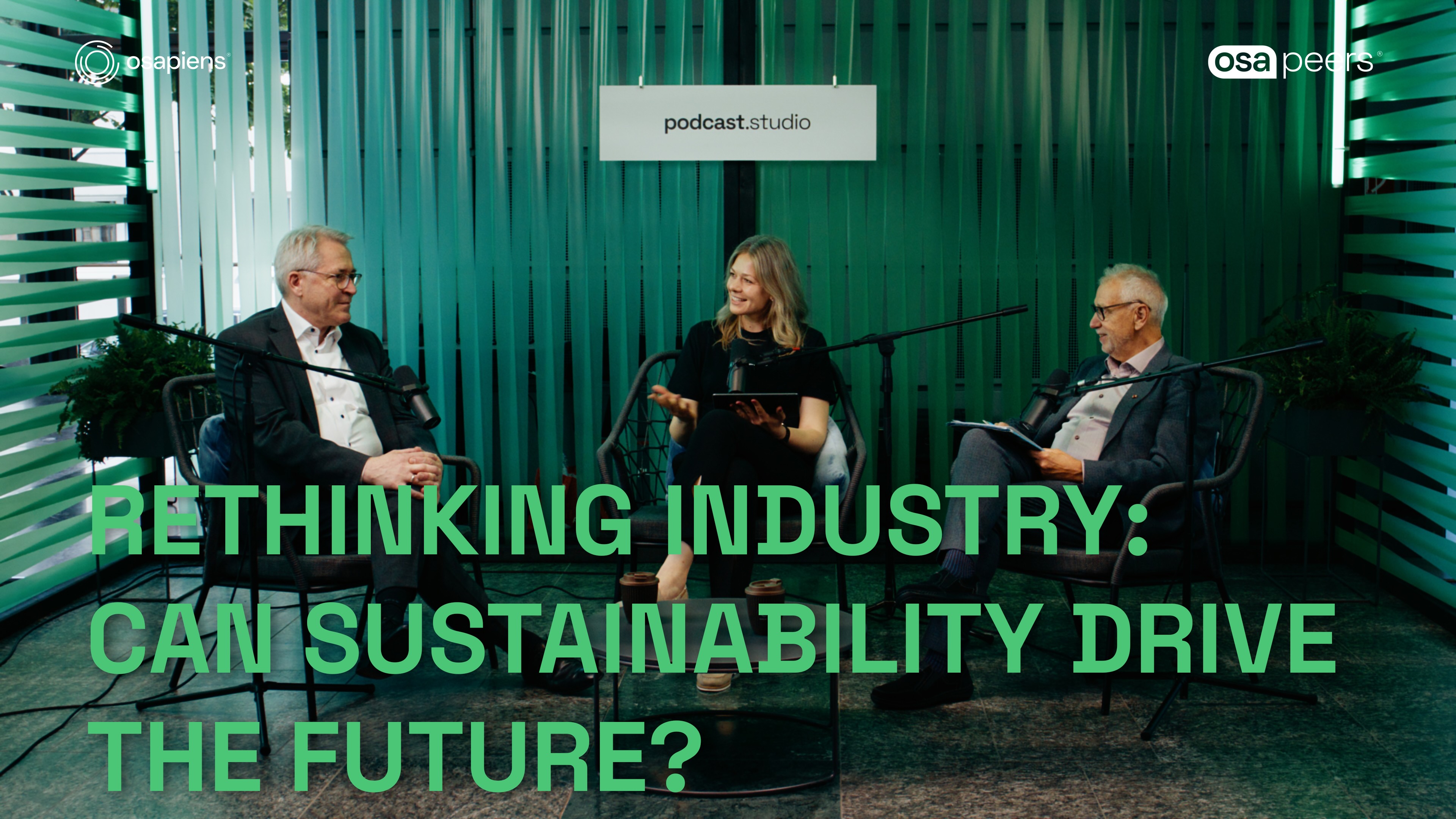
Rethinking Industry – Can Sustainability Drive the Future?
Can we still talk about sustainability without talking about justice?
In Episode 7 of our podcast Beyond Compliance, Dieter Overath (former CEO Faritrade Germany) and Gunther Beger (UNIDO) make a clear statement: industrialisation must be rethought – with fairness, responsibility, and shared value at the core.
“We need sustainable growth – but under fair conditions and with a focus on environmental and social wellbeing.”
While regulatory frameworks like EUDR or CSRD are gaining momentum, they often overlook those most affected – farmers and workers in the Global South.
They argue that sustainability must go beyond reporting – and start with real value at the source. As Beger points out,
“80% of processed food in Africa is imported. That’s $50 billion in lost value creation.”
Instead of building local industries, resources are exported and profits concentrated elsewhere.
And yet, consumers in the Global North rarely feel this disconnect.
“Coffee is expensive – but the farmers don’t benefit,” Overath explains. The gap between what we pay and what producers receive reveals deep imbalances – economically, structurally, and morally.
The discussion goes deeper: What are we willing to change in our systems, our supply chains, our habits?
“Can I truly enjoy cocoa knowing it was harvested by children with machetes?”
What’s needed, they say, is a broader understanding of sustainability – one that includes justice, dignity, and shared responsibility. That means rethinking trade flows, investing in local innovation, and trusting the creativity already present.
“A circular economy starts with data – but also with creativity and necessity. Africa is not lagging behind – it’s often more innovative than we think.”
This episode is a call to act more consciously, design systems more fairly, and bring stakeholders from the Global South into the conversation – not just as beneficiaries, but as equal partners.